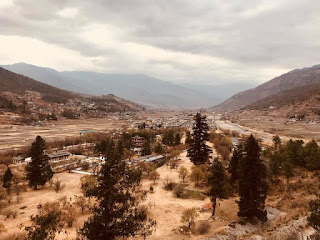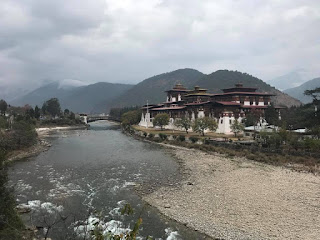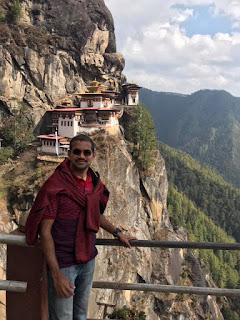Between The Great Divide - A Journey into Pakistan-Administered Kashmir
-- Anam Zakaria
-- Anam Zakaria
As the title hints, the book has something to do with Kashmir, the very word that attracts attention of a lot of people in India and Pakistan, and also makes them take some or other side with or without enough rationale. Given the current state of affairs, some of them (irrespective of the side they take) may pounce on the author, just after reading the title itself. For many, there is no Pakistan-Administered Kashmir. It's Azad Kashmir for some, and Pakistan-Occupied Kashmir for some. Similarly, there is no Indian-Administered Kashmir for some. It's Jammu and Kashmir state, which is part of India for some, and Indian-Occupied Kashmir for some. To avoid the confusion and controversy, the author, a Pakistani writer, spends the first few pages in clarifying the nomenclature. She would use only 2 names when the narration is by herself - There are 2 parts of Kashmir, Indian-Administered Kashmir and Pakistan-Administered Kashmir, which are on different sides of Line of Control(LoC). Rest of the names like Azad Kashmir, Pakistan-Occupied Kashmir will be used only if interviewees use them and will be put in quotes.
The book presents apolitical perspective and the impact of Kashmir conflict on the lives of Kashmiris. It doesn't support the current view of incumbent governments (and their masters) on either side of LoC, blindly. The author traveled extensively in Pakistan-Administered Kashmir (except areas like Gilgit-Baltistan, which are restricted to even people from Pakistan and Pakistan-Administered Kashmir) and interviewed natives of that area and also people who crossed LoC from Indian-Administered Kashmir and settled on the other side. Some of the people who crossed the border were also active militants, who waged war against India.
The author's interviews bring out several interesting, thought provoking and sad tales of ordinary Kashmiris, whose decades of misery is just a collateral damage for 2 major military powers. Most of them have lived wretched lives themselves, and seen a couple of generations living similar lives. Though it's called a paradise by tourists world over, they have no access to proper education, infrastructure and healthcare. Frequent political changes on either side of LoC effect them directly, sometimes by restricting them to bunkers, often for several months at a stretch, just to keep them safe from shelling.
Pakistan considers that area as Independent Kashmir (Azad Kashmir), with an elected Government. But, it's hardly independent. A governing council from Pakistan oversees and can override anything. They don't even get the right share of their own resources, like water and electricity produced from dams in that area. Author's interviews with local leaders in power bring out their limitations. Tacit and not-so-tacit support to militants under constant war with India make things worse (This passive and active support dates back to 1947). Civilian areas are not clearly demarcated and often see movement of infiltrators trying to cross LoC and get into Indian side. This leads to shelling from Indian side and lives restricted to bunkers. The natives even threatened once that they would hoist Indian flag, if they see militant movement close to their villages. It apparently worked for sometime.
The picture on the other side is not rosy either. The conflict got a complete religious hue, thanks to the concerted efforts by Pakistan. This made lives of Muslims on the Indian side harder. Some of them believed that the state on the other side is committed to their well-being. The attitude on the Indian side (both by the military and otherwise) only made their belief stronger. This led to a lot of LoC crossings and overcrowded refugee camps on the Pakistan side. With limited resources and lack of commitment from Pakistan, most of the refugee camps turned out to be dreaded ghettos. Initial cooperation and excitement by locals (to save people of their own religion) died down quickly, when their lives are impacted.
With no political solution anywhere in sight, no one seems to have any hope for better days in the near future.
Though the book doesn't suggest any solutions or advocate any of the prevalent ideologies, it gives a deep insight into Kashmir conflict and ground reality. People living totally different and comfortable lives, thousands of miles away, often express strong and emotional opinions, without being sympathetic to the people (and generations at it) whose lives are immediately effected by the outcome. Hope, the author's wish, to enlighten both Indians and Pakistanis about the lives of ignored stakeholders of the conflict, comes true!








